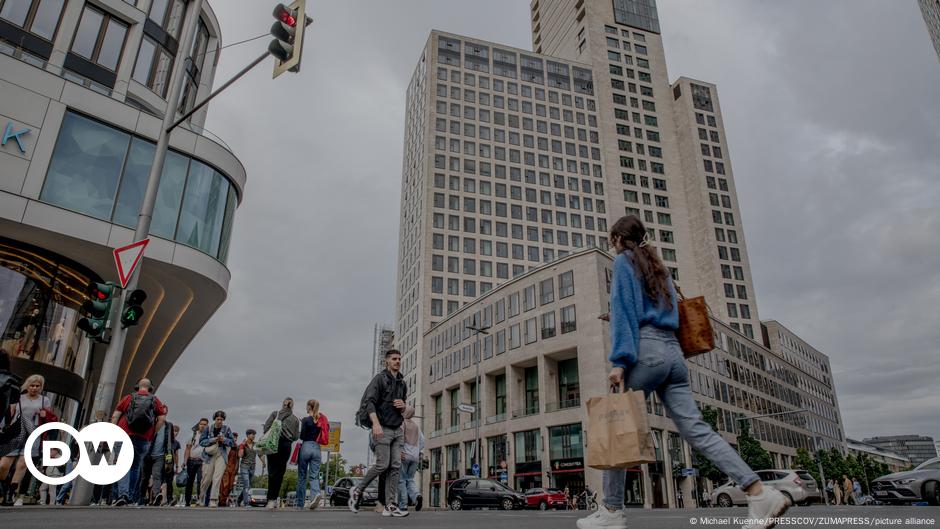Travel
Do People Travel Less In Dense Places? – Market Urbanism

Every so often I read something like the following exchange:
“City defender: if cities were more compact and walkable, people wouldn’t have to spend hours commuting in their cars and would have more free time.
Suburb defender: but isn’t it true that in New York City, the city with the most public transit in the U.S., people have really long commute times because public transit takes longer?”
But a recent report may support the “city defender” side of the argument. Replica HQ, a new company focused on data provision, calculated per capita travel time for residents of the fifty largest metropolitan areas. NYC came in with the lowest amount of travel time, at 88.3 minutes per day. The other metros with under 100 minutes of travel per day were car-dependent but relatively dense Western metros like Los Angeles, Las Vegas, Salt Lake City and San Jose (as well as Buffalo, New Orleans and Miami).
By contrast, sprawling, car-dependent Nashville was No. 1 at 140 minutes per day, followed by Birmingham, Charlotte and Atlanta.
How does this square with Census data showing that the latter metros have shorter commute times than New York? First, the Replica data focuses on overall travel time- so if you have a long commute but are able to shop close to home, you might spend less overall time traveling than a Nashville commuter who drives all over the region to shop. Second, the Replica data is per resident rather than per commuter- so if retirees and students travel less in the denser metros, this fact would be reflected in the Replica data but not Census data.










